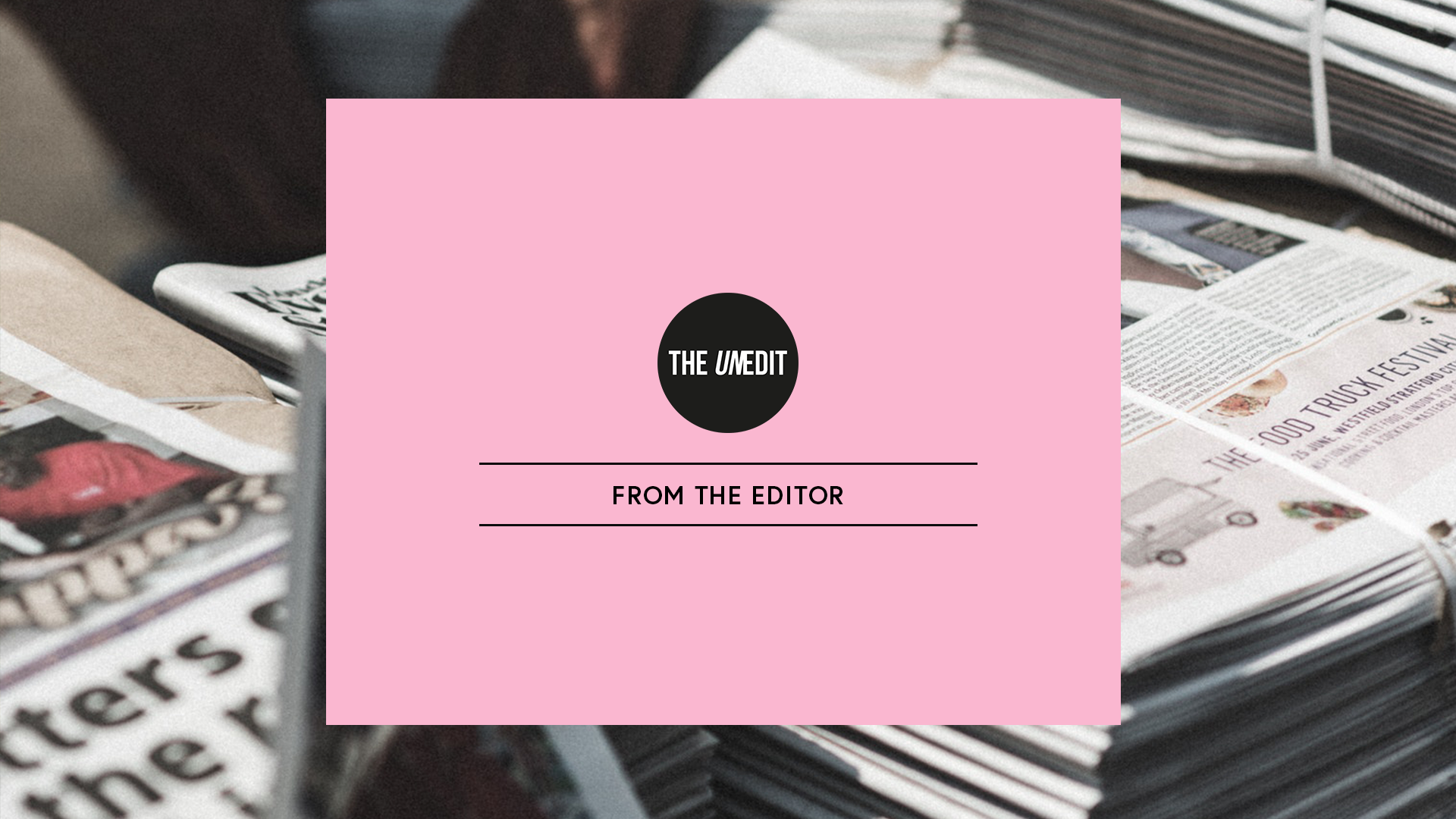From The Editor: #MeToo, The Two Words That Are Encouraging Women To Break Their Silence
Following Rose McGowan’s suspension (and return) to Twitter, another Charmed actress stepped forward in support of her co-star. Alyssa Milano tweeted an image simply showing the words: ‘Me too. Suggested by a friend: “If all the women who have been sexually harassed or assaulted wrote ‘Me too.’ as a status, we might give people a sense of the magnitude of the problem.”’
Her post encouraged thousands of women to take over Twitter with the hashtag, #MeToo, with this being the closest to speaking out about their experiences that many have ever got. The hashtag spread across to other social media platforms, and it’s a clear indication that women are discovering strength in numbers when it comes to addressing sexual assault. Having said that, I can’t help but wonder how we’ve got to a stage where it takes a viral social media hashtag to show the world what a massive problem sexual assault is. Not that we needed any more proof, but it just cements our awareness that we’re still such a long way from finding the answers that will bring justice and equality from it.
In the UK alone, one in five women aged 16 to 59 has experienced some form of sexual violence since the age of 16, according to Rape Crisis. Even more worryingly, only approximately 15% of those who experience sexual violence report it to the police. When we look at it from the perspective of how many, out of the 15% of cases that are reported to police, end with a conviction, it’s unsurprising that so many of us often have such blasé reactions towards things such as rape and sexual assault. But why is that? Why is it that we take such horrific actions towards women (and men) as just something that happens? Because, quite frankly, it’s normal. We, as a society, have normalised sexual abuse.
The way that we are encouraged to keep quiet and to live with the trauma of our experiences without bothering anyone else with it needs to be challenged, and it may just be that #MeToo allows people to think twice before overlooking their own experiences, or even just a general view of sexual abuse. Also the way that victims are continuously blamed and left to deal with their own trauma, whilst their rapists and attackers continue to wander the streets and potentially find a new target needs to be addressed. We need to restructure the way that we talk to victims if and when they come forward. Were you drunk? What were you wearing? Were you flirting? Did you lead him on? are not appropriate questions to ask someone that is already feeling ashamed, hurt and traumatised by what they’ve gone through. By society continuing to pin blame on a victim, we are justifying the act of the attacker, and therefore siding with rape culture. Believing the victim and validating their experience is vital, as this can impact the way that their experiences are handled and taken forward, whether that’s in terms of personal processing, legal action or medical aftercare.
Society needs to learn so much more beyond the importance of consent and the moral condemnation of sexual abuse. We need to learn about prioritising victims over perpetrators, how to help dismantle rape culture, and accept that abusers need to be held accountable for their actions, regardless of their position of seniority, their money or their fame. We need to break down the myths that surround rape and sexual abuse, because it’s these myths that hold back truths and, ultimately, action. The perception society has that false abuse allegations are commonplace plays a large part in the general attitude towards victims who find the courage to speak up against their abusers. They’re not, and actually only make up a minute percentage of allegations that are made with regards to a crime of a sexually abusive nature. Yet, despite the rarity of false allegations, we are encouraged to question the truth behind women’s claims against their attackers, and that becomes a huge factor in people’s willingness to step forward and talk about their experiences.
With a sexual assault case only recently behind me, #MeToo reminded me that I did the right thing fighting against my urges to downplay my experience, because it could’ve been worse. It also reminded me that I did the right thing when I fought to prosecute when a police officer told me it was my word against my attacker’s. But the most important thing #MeToo has taught me is how important it is that I spoke up and did what I had to do, and that by calling the police - even on the non-emergency line - I helped contribute to victims of sexual abuse and assault getting the justice that they deserve. And with that, and the thriving continuation of #MeToo, I no longer feel any shame or guilt, and most importantly, I know that I’m not alone.








